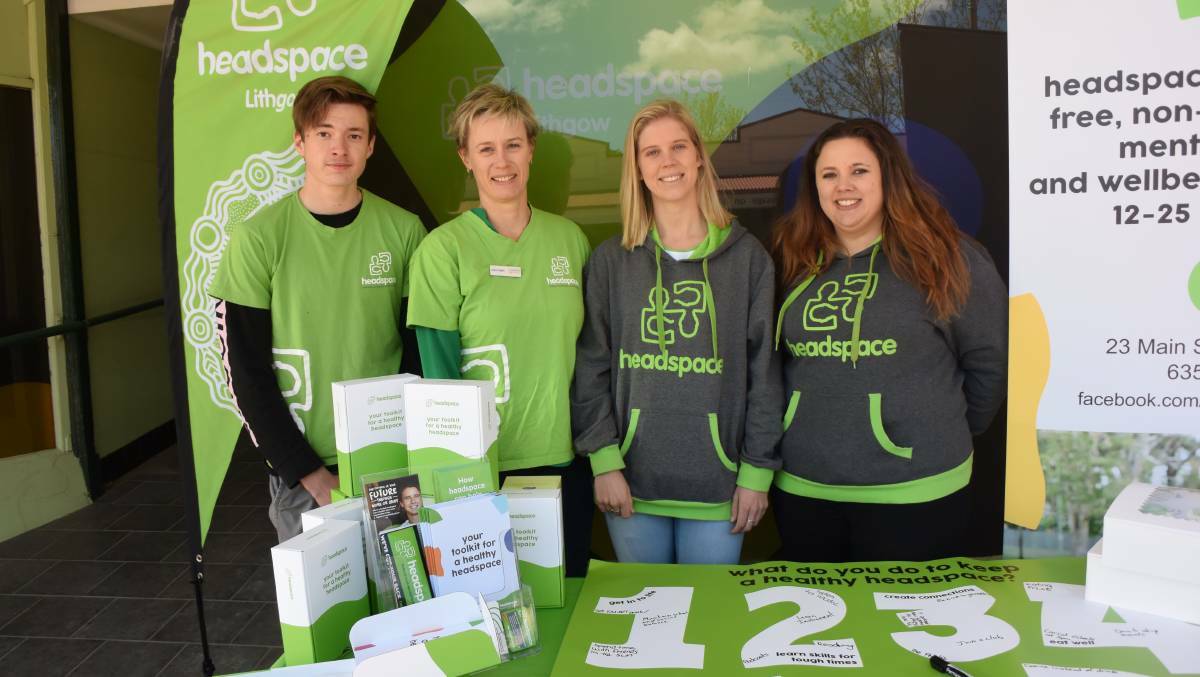
Warning: This story contains discussion on self harm.
Subscribe now for unlimited access.
$0/
(min cost $0)
or signup to continue reading
Self harm often goes unnoticed.
According to HealthStats NSW between 2016 and 2018, there were 39 Lithgow people that were admitted to hospital due to self harming.
In the 39, there were 13 women and 8 men, and another 18 who for privacy reasons didn't give a gender.
While this number is down on previous years, it is still an alarming statistic, given that these are only for people admitted to hospital after self-harm. It is also doesn't include patients treated solely within the emergency department.
Lithgow Youth Care Coordinator Bonnie Bassett said that most self harm is in response to intense pain, distress, or overwhelming negative feelings, thoughts or memories.
"It is usually a build-up of negative experiences/stresses rather than any one single event or experience that triggers self-harm in young people."
SIMILAR STORIES:
Ms Bassett said that self harming is commonly done in private, because it is not about attention seeking.
"Most young people who self-harm don't seek help or come to the attention of health services," she said.
"Most young people who self-harm go to great lengths to draw as little attention as possible to their behaviour, such as self-harming in private and by harming parts of the body that are not visible to others."
It is common for even those closest to the person to be unaware of what was going on.
"Concealing self-harm can be a big burden for young people and can affect their day-to-day life," she said.
"Rarely threats of self-harm or actual self-harm might be used to achieve a certain aim."
Self harm comes with common myths, which has been influenced over the years by the way it has been talked about in the media and day-to-day conversations.
"Self-harm is often talked about in unhelpful ways, such as "a trend" or "an epidemic". These sorts of sweeping statements should be avoided, they are inaccurate and potentially harmful," she said.
If you or anyone you know needs help:
- Lifeline on 13 11 14
- Kids Helpline on 1800 551 800
- MensLine Australia on 1300 789 978
- Suicide Call Back Service on 1300 659 467
- Beyond Blue on 1300 22 46 36
- Headspace on 1800 650 890
- ReachOut at au.reachout.com
While you're with us, you can now receive updates straight to your inbox from the Lithgow Mercury. To make sure you're up to date with all the news.


